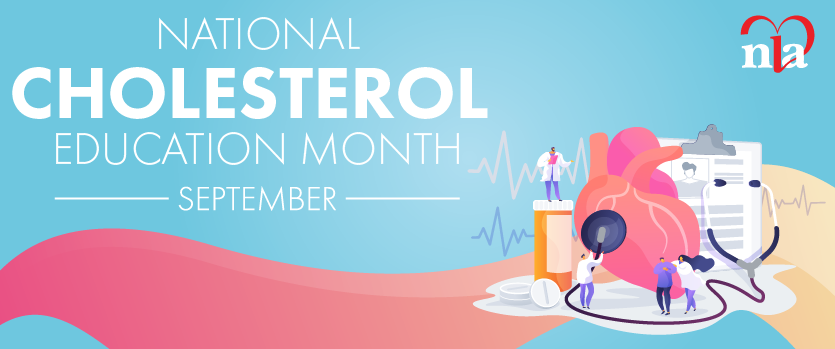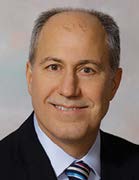The NLA has published a scientific statement on the use of icosapent ethyl (IPE) in statin-treated patients that is based on the results of REDUCE-IT, the cardiovascular outcomes trial that examined the effects of IPE on major adverse cardiovascular events in high or very high-risk statin-treated patients with elevated triglycerides.
Article By:
Elizabeth Jackson CNS, CLS, FNLA
Membership Council Chair
New CLM-SAP Coming Soon The NLA is working on a new Complex Lipid Management Self-Assessment Program (CLM-SAP) on the 2018 Multisociety Guideline on the Management of Blood Cholesterol. The revised guideline emphasizes reducing risk of atherosclerotic cardiovascular disease (ASCVD) through lipid management. The CLM-SAP is designed to address practice gaps in lipid management utilizing the guidelines. This new online CLM-SAP module offers CME/CE credit and is free to all active NLA members.
Article By:
Q: How did your career path lead you to the Department of Veterans Affairs, and what does it mean to you to apply your knowledge and experience to the health and well-being of current and former servicemen and women?
Article By:
A primary mission of the National Lipid Association (NLA) is to invigorate interest in lipidology-based prevention strategies amongst the healthcare community and the public at-large. Through diverse leadership direction and innovation, the Northeast Lipid Association (NELA) is having a successful year in achieving this mission regionally and nationally. We are excited by our members’ ability to educate and engage the public as we endeavor to bring lipids into the spotlight.
Article By:
Cardiovascular disease (CVD) remains the leading cause of death for women in the United States.(1) Unique factors affecting a woman’s health contribute significantly to CVD risk, but historically were not always represented in major guidelines. Some of these factors include hormonal changes, the presence of genderspecific risk factors and comorbidities more frequently seen in women (e.g. rheumatoid arthritis and systemic lupus erythematosus).
Article By:
In October 2018, the American College of Cardiology (ACC) and the American Heart Association (AHA), in collaboration with the National Lipid Association and other organizations, published evidencebased guidelines on the treatment of blood cholesterol to reduce atherosclerotic cardiovascular disease (ASCVD).(1) Along with the guidelines, there was a special report summarizing the rationale and evidence base for the current quantitative risk assessment tools.(2) These newest iterations strength
Article By:
Loretta is a 60-year-old white woman with a past medical history significant for hypercholesterolemia, mitral regurgitation, hypertension, pregnancy-induced hypertension (twice) and a family history of premature coronary heart disease (her father had myocardial infarction at age 53). Recent clinical examination is noted below:
The patient has refused medical therapy for hypertension and does not even want to consider lipid-lowering therapy.
Article By:
Discuss this article at www.lipid.org/lipidspin





.jpg)
.png)


























